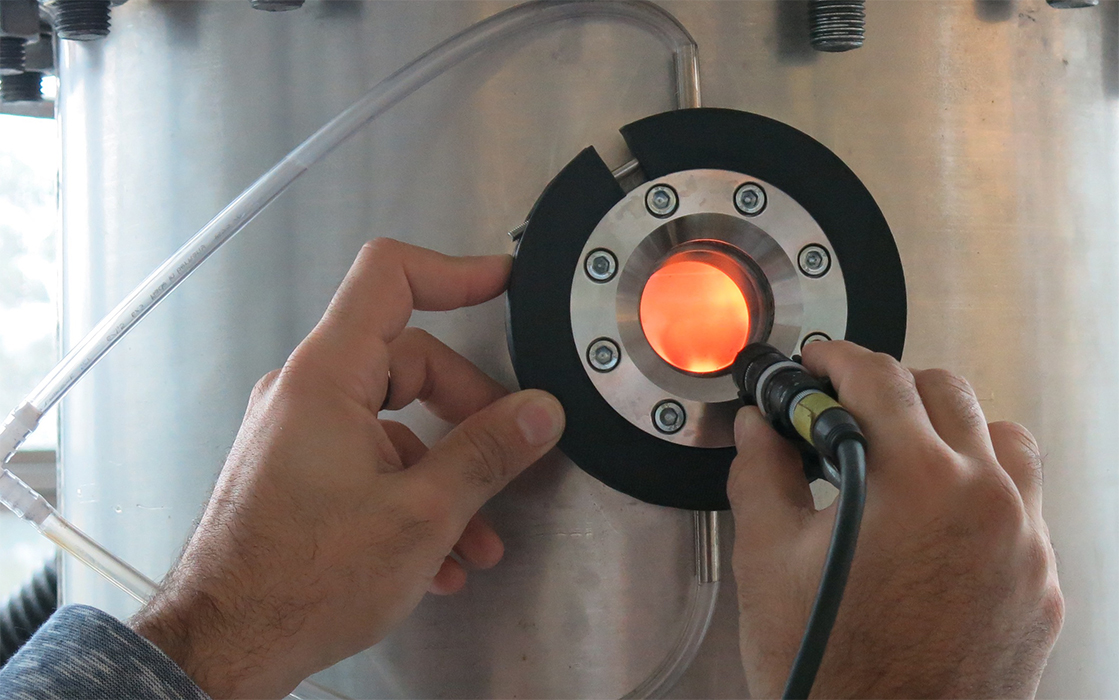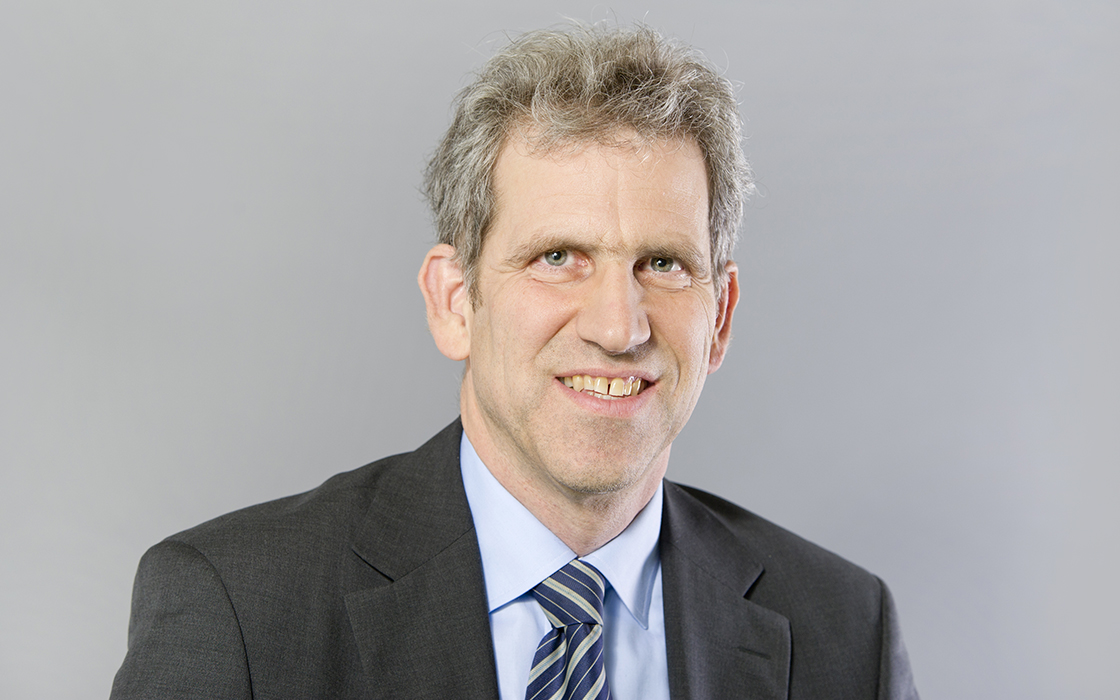Combustion research
Biomass combustion | Measurement of emissions | Emission reduction | Gaseous combustion | Combined heat and power generation
Biomass-fired power plants can supply electrical and thermal energy at exactly the time and location at which there is a high demand. This ability – combined with virtually CO2-neutral combustion – makes biomass an important pillar in the energy mix of the future.
A large proportion of the heat required in industry and households today still comes from the combustion of fossil fuels. In order to slowly change this situation, combustors are increasingly being operated with renewable raw materials. Compared to fossil fuels, these alternative fuels have a significantly lower carbon footprint. However, their use is also associated with a number of challenges – including higher particulate emissions. Our institute has special measurement equipment required in order to determine the intensity of the pollutant emissions in the laboratory and in the field. As the analysis of these pollutants alone is not enough for a cleaner supply of thermal energy, we are also collaborating with boiler manufacturers on the further development of biomass furnaces.
Wood, a combustible material, is used for heat production in a very wide range of forms (pellets, logs, chips and dust). We analyse and optomise the combustion process and set respective requirements of the combustible material in order to reduce emissions and increase the energetic efficiency. To do this, we use simulation software that enables us to calculate the kinetics and thermodynamics of chemical reactions and the flow behaviour of gases. The resulting optimisations are then validated at combustion test rigs.
- Analysis of gaseous combustion products and fine dust particles
- Emission reduction and increase in efficiency with regard to biomass combustors
- Construction and operation of complex combustion test rigs
- Atmospheric and staged gas combustion
- Electricity generation from biomass by means of an indirectly heated hot air turbine
- Modelling of combustion systems, including collaboration with the FHNW Institute of Thermal and Fluid Engineering


